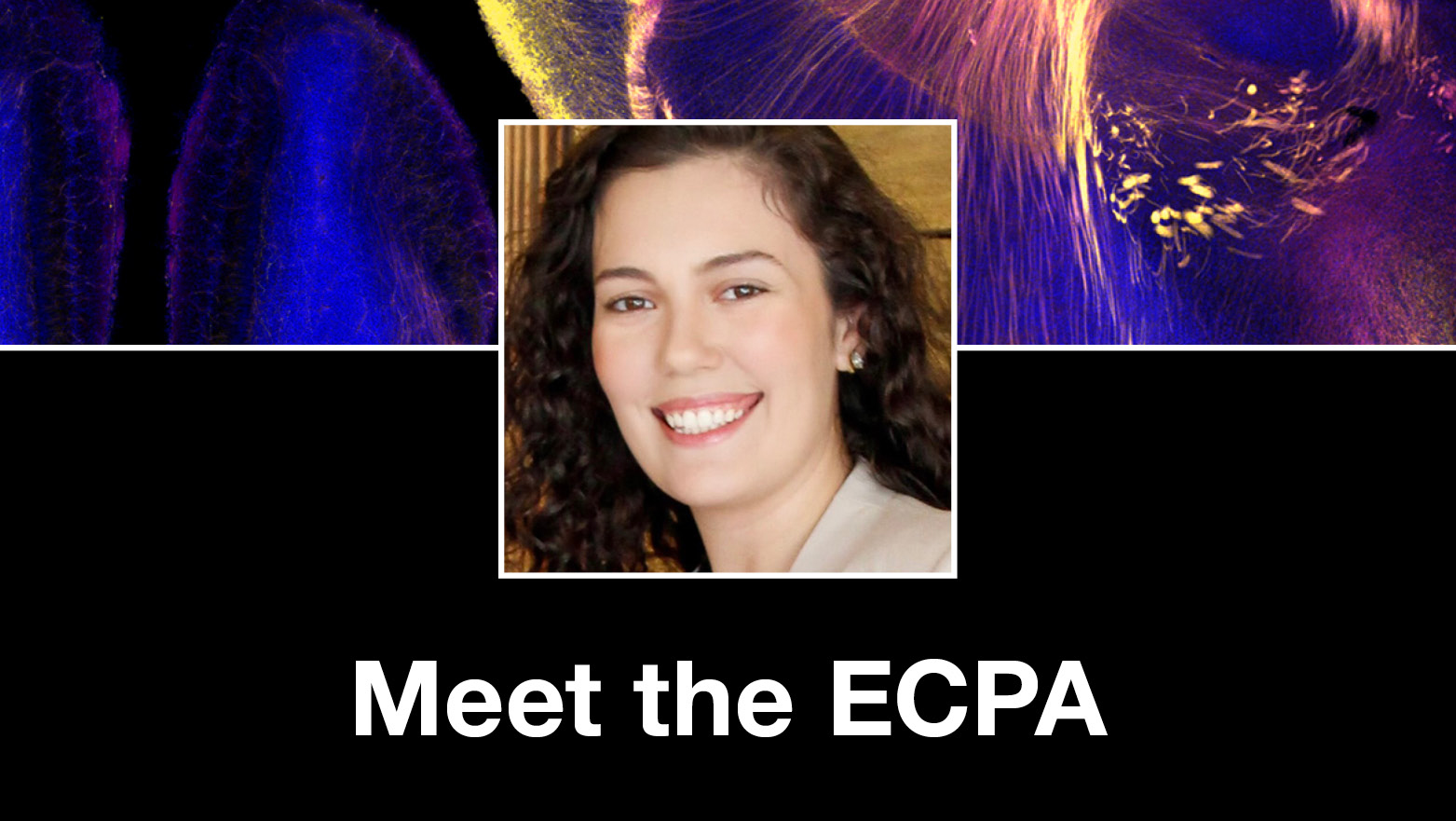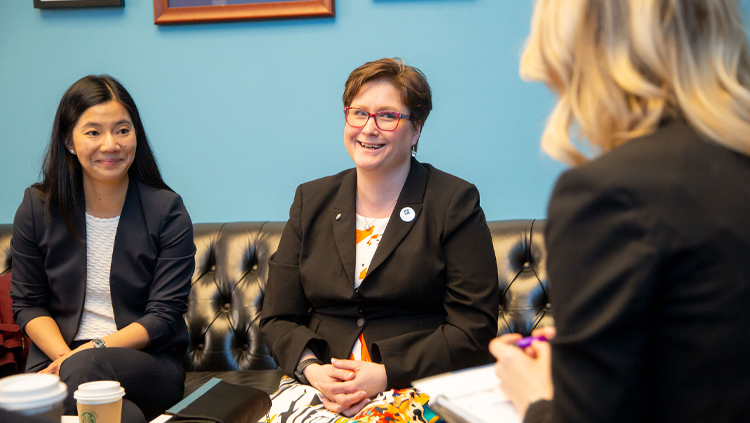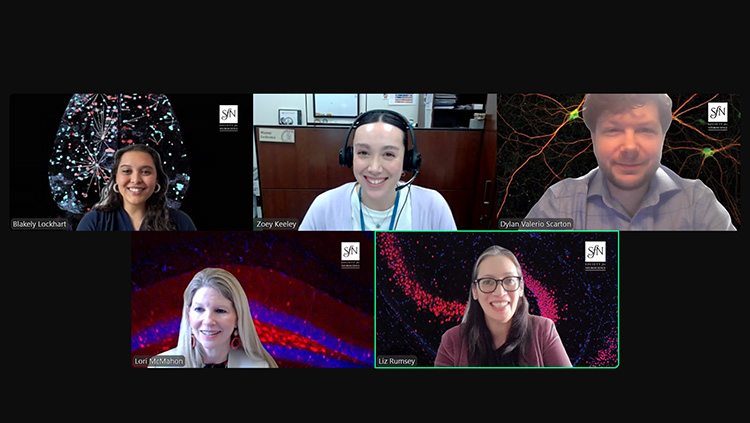Read on to learn about Clara Zundel, the latest interview in the Meet the ECPA series . Zundel is a postdoctoral research fellow in the Department of Psychiatry and Behavioral Neurosciences at Wayne State University School of Medicine and is dedicated to bridging the gap between scientists and policymakers to ensure that evidence-based decisions are being made.
Describe your journey in neuroscience and current research.
I’ve always been fascinated with the brain, and I remember taking an introduction to psychology course in college that really opened my eyes to the entire field of behavioral neuroscience. When I entered college, I was determined to go to medical school and become a neurosurgeon, but quickly found out that I was squeamish, so that was never going to work. Learning about neuroscience and neuroscience research showed me that that there are other careers outside of medicine that would allow me to still pursue my passion of studying the brain. In college, I volunteered in a couple different research labs to gain experience in different subsections of neuroscience and psychology, including family dynamics, stress and trauma, and normative emotion regulation and brain development. All of these experiences led me to pursue a PhD in behavioral neuroscience. During my time in graduate school, I was in an environmental health and neuropsychology lab, my first exposure to environmental toxicant research, where I learned that toxins in the environment can impact our brains and behavior across the lifespan. While most environmental health research has focused on physical health outcomes following exposure, such as respiratory and cognitive issues, less attention has been given to psychiatric outcomes. I wanted to work on filling this gap in my research, and so my postdoc research has been focused on trying to uncover the neurobehavioral mechanisms behind the link between toxicants in the environment and increased risk for psychiatric disorders. My research is truly multidisciplinary, bringing together the fields of environmental health, neuroscience, and psychiatry. My current work is focused on identifying the brain and behavioral effects of air pollution, specifically particulate matter (PM2.5).
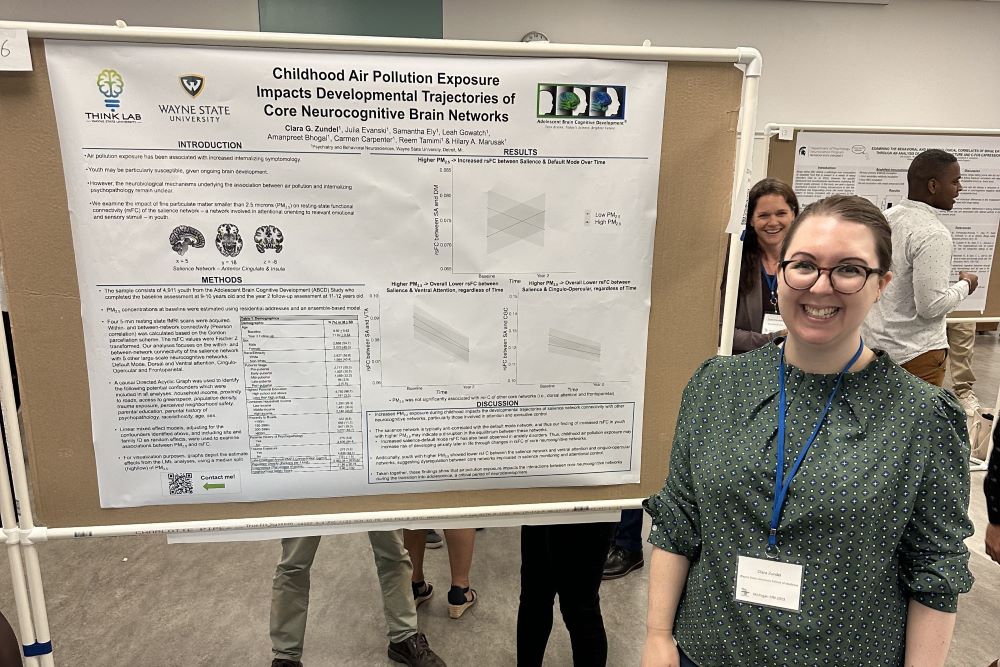
Why are you interested in science policy and advocacy?
As a behavioral neuroscientist studying how environmental toxicants impact the brain and increase risk for psychopathology, my commitment to science policy and advocacy is a core value of my work. While understanding the neural mechanisms is just the first step, translating and disseminating that knowledge to create effective policies and advocate for their implementation is crucial. Through my research, I've seen first-hand how individuals and communities grapple with the consequences of environmental exposures, which underscores the critical importance of effective policies in safeguarding the public against toxic exposures. By actively engaging in science policy and advocacy efforts, I am driven to translate my scientific evidence into meaningful action, ensuring that my findings contribute to creating a healthier and safer environment for all.
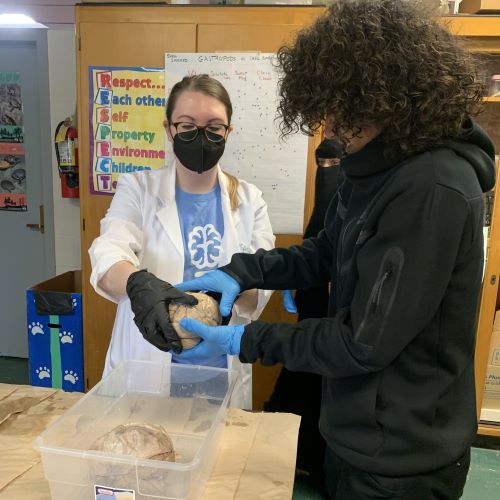
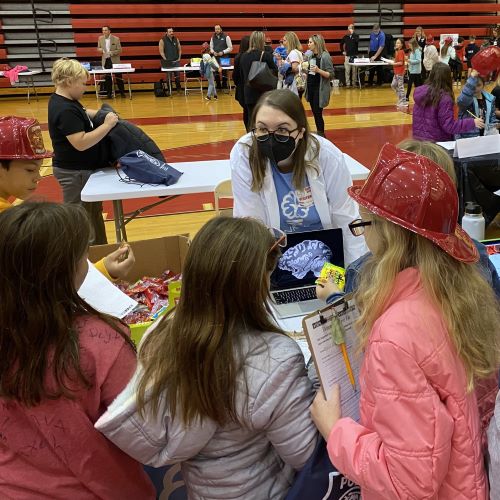
What does being an ECPA mean to you? Can you describe your two advocacy-related projects you proposed as part of the program?
Being an ECPA means being a leader and an inspiration in the neuroscience community for others to really consider having advocacy and science policy as a core principle in their careers. As an ECPA, I will advocate for science-based polices by bridging the gap between scientists and policymakers to ensure that evidence-based decisions are being made. The two advocacy-related projects I proposed as part of the program were 1) an advocacy trip to Washington, D.C. and 2) to present a Theme J poster on my advocacy and science policy activities at Neuroscience 2024, SfN’s annual meeting. At Wayne State University, I am the postdoctoral liaison for a student-led organization, Science-Policy Detroit, or Sci-Pol Detroit. Through this organization we coordinate annual advocacy Hill Day trips to Washington D.C., and advocate for science-based policies such as environmental justice, and mental health coverage. Through Sci-Pol Detroit, I will create and host several advocacy training events for members to create, craft, and master their pitches to lawmakers. In presenting this material to fellow SfN members at Neuroscience 2024, I hope that I inspired more neuroscientists to get involved with science policy and communication, and to plan their own advocacy days.
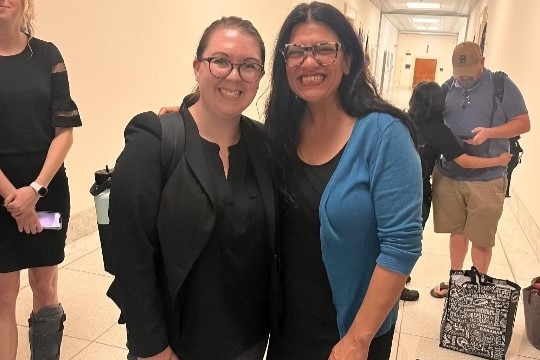
Why do you feel it’s important to speak to your federal policymakers on the importance of continued support of federal investment in biomedical research?
It’s crucial to engage with federal policymakers on the continued support of federal funding in biomedical research. When speaking to lawmakers, it’s essential to communicate the specific impact of research conducted within their own districts. Sharing personal stories that highlight the importance of federal funding in facilitating groundbreaking research not only resonates more deeply with policymakers, but also underscores the direct benefits that such investments can bring to their constituents.
How has being an SfN member benefited you in both your professional career and advocacy journey?
Being an SfN member has benefited me immensely not only in my professional career but also in my science policy and advocacy journey. I am an active participant in my local SfN chapter (MiSfN) and I thoroughly enjoy attending our local conferences where I can meet with other neuroscientists and trainees across the state and foster new collaborations. In addition, the seminars and training events that SfN offers to its members are incredibly valuable. Specifically, the advocacy training seminar was extremely helpful for me to learn how to best conduct a meeting with a lawmaker and how to navigate challenging discussions. The support that SfN offers its members interested in science policy and advocacy is unlike any other professional society, and I’m very grateful for the opportunities it has afforded me in my career!
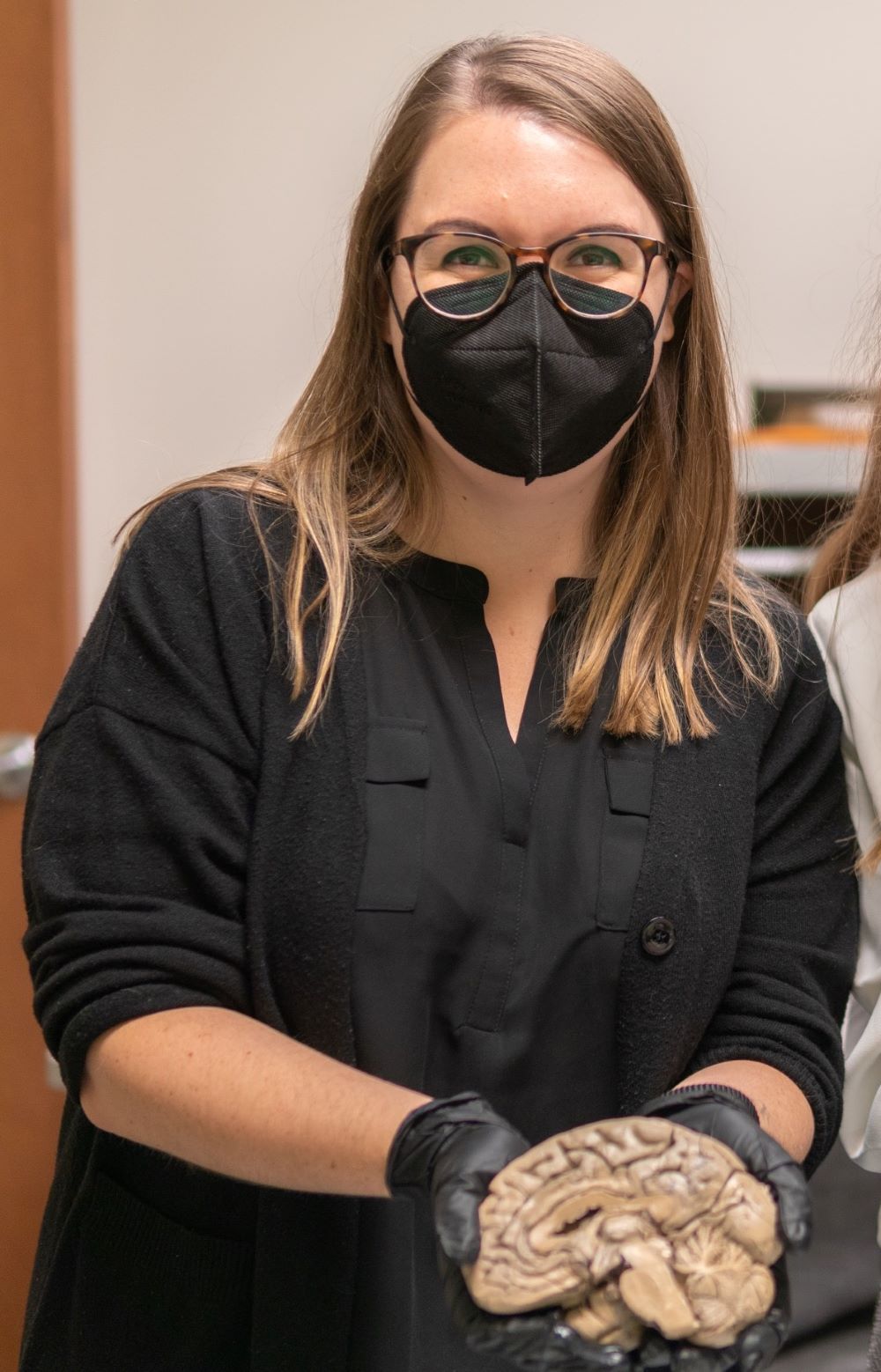
What is one fun fact about you that you would like to share?
I am a huge Broadway enthusiast! I have seen at least eight shows on Broadway, and always make an effort to see touring shows in my city. My favorite musical, by far, is Wicked.




